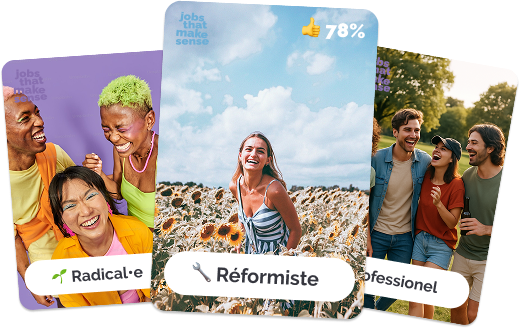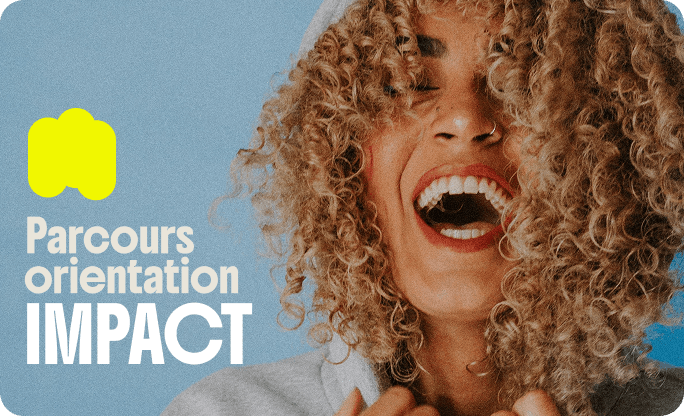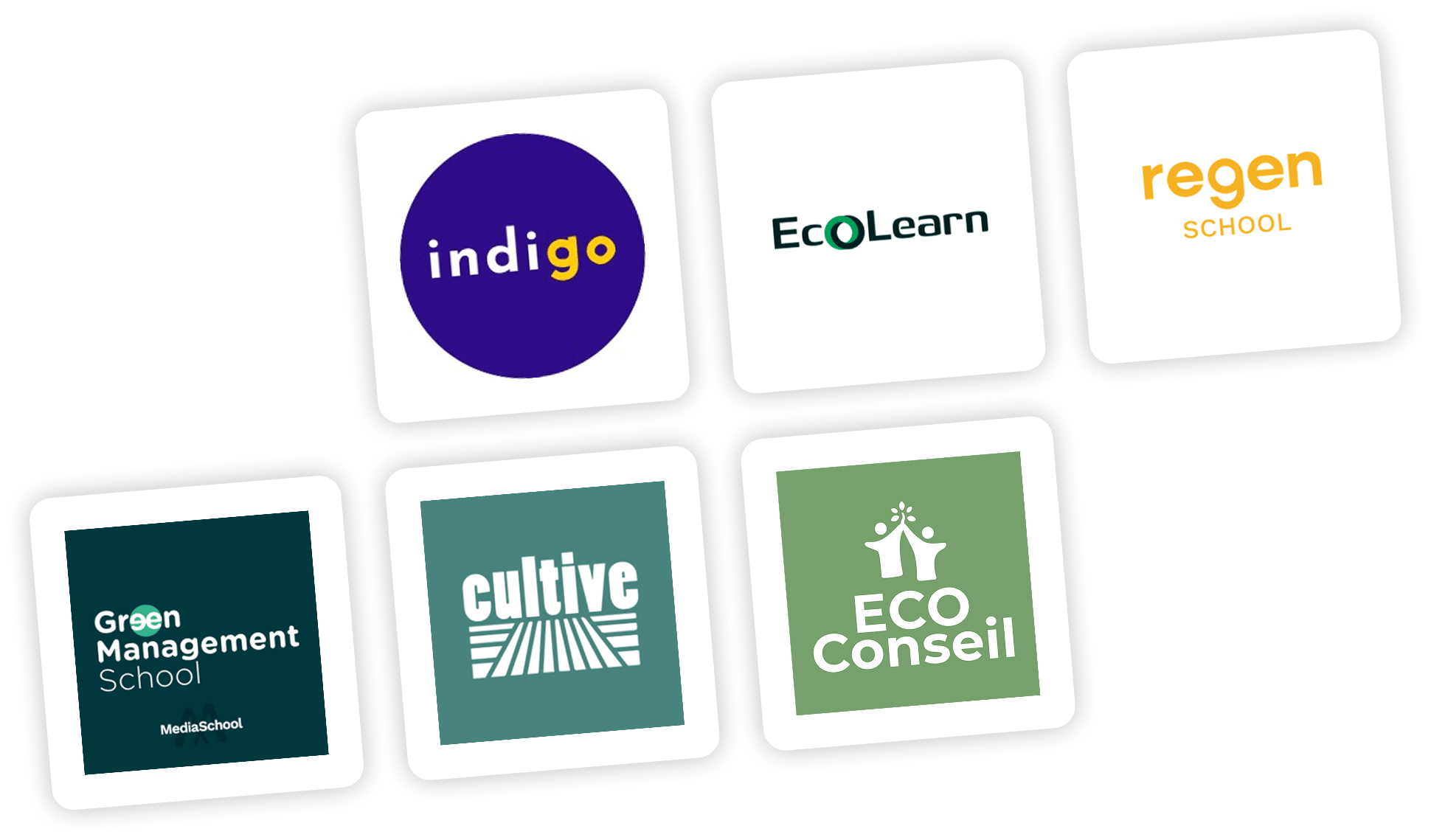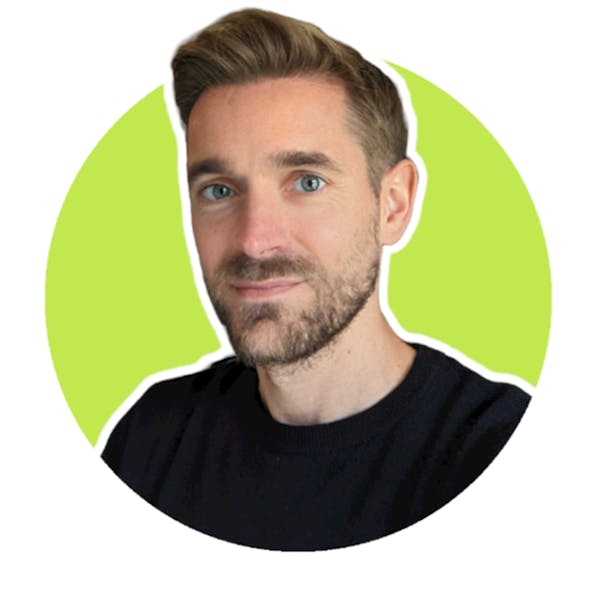"Thinking the ecological and social transition in a systemic way" with Thomas Merzlic (T-Campus)
Can you tell us about your background, and what brought you to where you are today?
My name is Thomas Merzlic, I am 25 years old. I have a scientific background and graduated from the SIGMA Clermont engineering school in mechanical engineering. I worked for Michelin for a year as a design engineer, from 2019 to 2020.
The front door of my commitment was food. Through this prism, I gradually became aware of the interconnection of socio-environmental issues and the importance of addressing them systemically. To establish my legitimacy and bring consistency to the knowledge acquired on the right and on the left, I decided to participate, in 2020, in the T-Campus. I met Benoît Montels, the founder of the Château d'Arvieu project, who told me about the project and the needs on site. I resigned from my CDI to embark on my professional transition by signing a 9-month civic service mission in the association Bienvenue en Transition, at the initiative of the Château d'Arvieu project. I am still in this association, this time on a fixed-term contract, to organize and lead the two editions of the T-Campus training, in spring and autumn 2022.

What did you start from, why did you create this training?
The social, ecological and climatic crises are increasingly felt and everything suggests that they will not be resolved if we do not change our lifestyles, our relationship to others, to nature and to ourselves. At the same time, more and more people are concerned about these issues and are looking for meaning in their professional and personal lives.
Based on these observations, we wish, through the T-Campus training, to provide keys to think about the ecological and social transition in a systemic way and allow participants to (re)find meaning in their actions and projects.
Concretely, what is the typical day/week/curriculum of a student within the training?
For 6 weeks, participants will be immersed in an eco-place where the times of daily life will be shared with the whole group whenever they wish.
The days will begin with a "morning word" which will be an opportunity to share a first collective moment where participants will be invited to share their feelings, a work and to play together.
This will be followed by training times in the morning and afternoon by speakers of various expertise using an integral pedagogy involving the head, the body and the heart.
The group also participates in the life of an eco-place: preparing dinner, maintaining common areas, gardening or DIY.
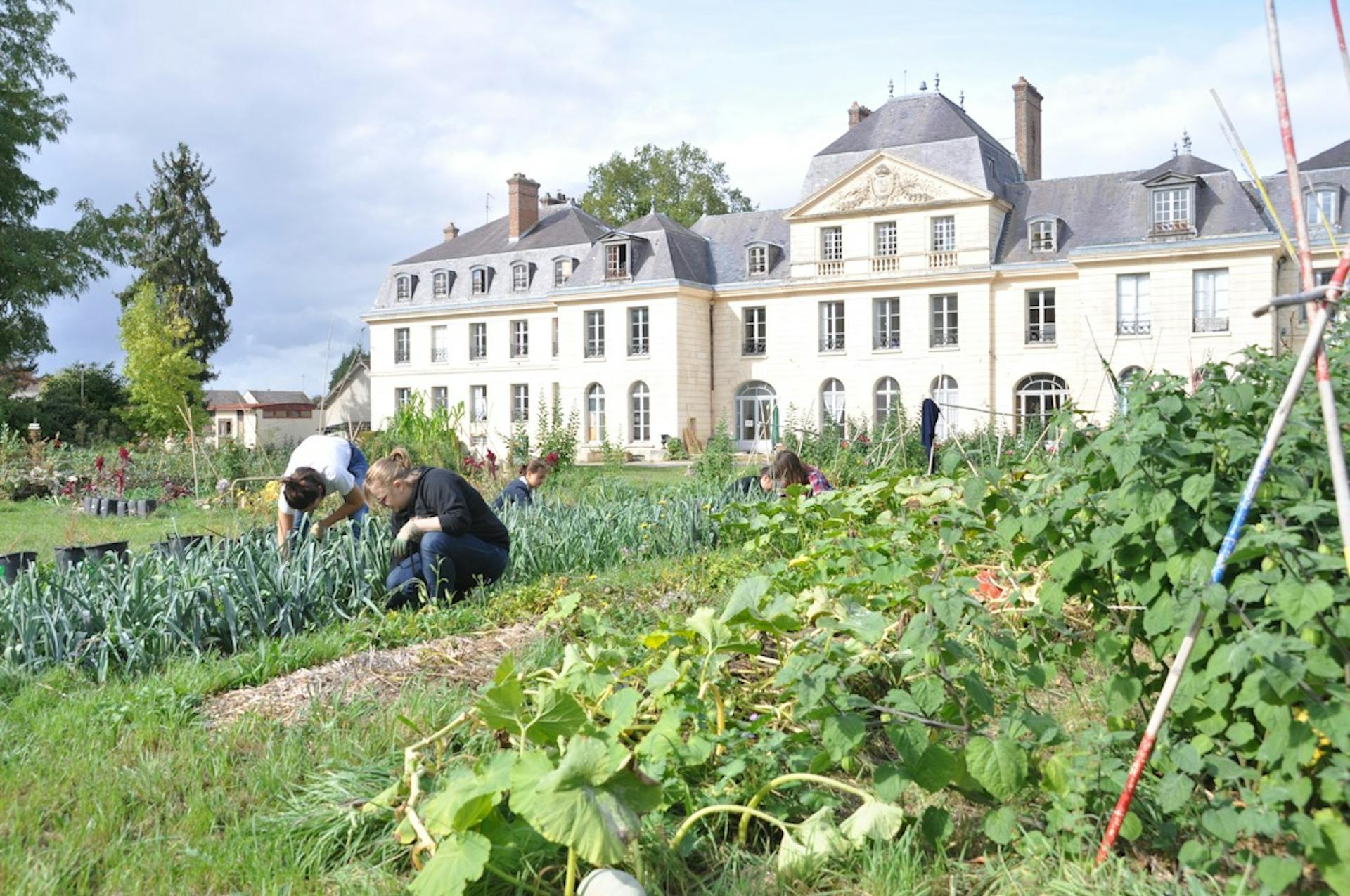
Participate in gardening with T-Campus
What are the 3 strengths of your program?
The training is made up of three highlights. The first is the teaching of observations to develop a global vision of the challenges of our time and find its place in them, with very diverse interventions: from climate issues to ethical dilemmas, from the economy to governance systems, from agriculture to the management of the commons.
Then, the group will have the opportunity to take part in a trip to eco-places to discover places, alternative projects and meet the people who bring these initiatives to life.
And finally, the third highlight is the week of specialization, at your choice, on the dynamics of territories in Arvieu (12) or on sociology-politics at the Campus de la Transition (77). This will be an opportunity to apply certain knowledge and to experiment with action levers at the local or macroscopic level.
Throughout the training, time will be devoted to personal and/or professional projects, during group or individual time.
What do we do when we leave?
As mentioned above, the T-Campus helps participants, of various profiles, to identify their means of action.
Some do not have a well-defined project, others have one and wish to refine it during the 6 weeks of training.
Some are employed or in study and return to their company/school to participate in its development by integrating socio-environmental issues.
Others identify subjects or sectors of activity to deepen and choose to follow additional training.
There is therefore not a typical course upon leaving training but a multitude reflecting the diversity of the profiles that make it up.
In any case, you join a network of alumni that grows year after year!

A T-Campus prom
How did you find out about jobs_that_makesense and why did you join the catalog?
A friend and former T-Campus training participant told us about Jobs. We got in touch with the team and very much appreciated the attention they gave us. They pay particular attention to our needs and are very good advice to support us in our development.
In addition, we also wanted to test the interest of our training with the audience of the platform and it is a success!
The final word?
Do you feel like an Indian in the city faced with the awareness of transition issues? Join the T-Campus training to deepen your knowledge, identify your means of action in the transition and connect with people who are asking the same questions as you.
For further
👉 Discover the next departures for your immersion in an eco-place with T-Campus
